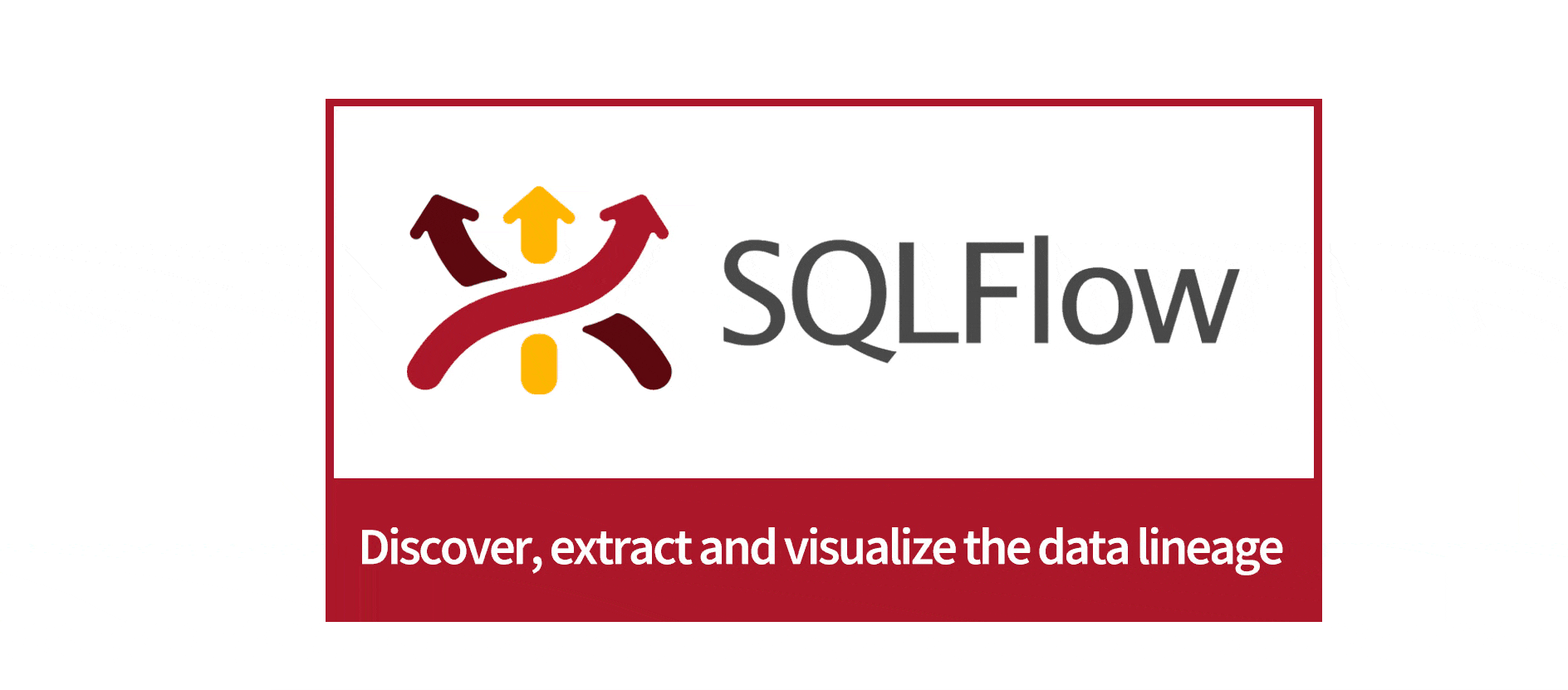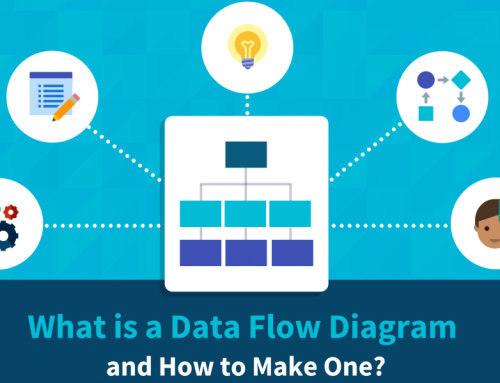Top 6 Benefits of Master Data Management for Business
In 2022, the stakes are high and master data management is a priority. How will it benefit your business? In this post, we’ll introduce top 6 benefits of master data management for business. But before diving into our article, let’s figure out what is master data management (MDM)?

Benefits of Master Data Management
What is master data management?
Master Data Management (MDM) is a business-led initiative to ensure that an organization’s shared data, known as master data, is consistent and accurate. A master data management plan includes the people, processes, and systems used to keep master data accurate and consistent.
For master data management to work, it must be an ongoing collective effort. Typically, larger organizations will elect a group of people to establish and implement best practices for data quality. Connecting data sources and providing data governance runs throughout the organization. Therefore, buy-in and support from upper management is critical to the success of any master data management program.
What is “Master Data” in “Master Data Management”?
But what is master data? Master data along with reference data and metadata are key organizational data assets. While more complex definitions of master data can be found on the Internet, simply put, master data is the entity that drives business processes and is controlled by analytical assessment and governance processes.
Top 6 Benefits of Master Data Management
Benefits of Master Data Management – 1.Increase Revenue
To deliver personalized cross-sell and up-sell offers, you need access to reliable and complete data across all customer touchpoints. Master data management can provide a consolidated source of key master data about customers, products, and relationships between master data entities. This accurate data source helps increase revenue by appropriately responding to the channel chosen by the customer. By better understanding your customers, you can ensure that the right cross-sell and up-sell offers are sent to the right customers at the right time.
Benefits of Master Data Management – 2.Increase Productivity
With master data management, you can eliminate IT overhead and costs and improve operational efficiency by providing a complete, consistent, and reliable source of master data across your organization. Master data management will also help improve visibility and control over business activities by managing complex relationships between products, customers, suppliers and locations.
Benefits of Master Data Management – 3. Optimize Supply Chain
Master data management provides a centralized view of products and provides accurate information on inventory, product returns, and out-of-stock items throughout the supply chain, improving inventory management, forecasting, and customer service. You can ensure accurate and timely information to support the decisions and actions of the applications, processes and people that run your business.
Benefits of Master Data Management – 4. Identify and Act on Insights Faster
By allowing business users to directly access, manage, and intuitively interact with master data, master data management can accelerate time to insight and action. With a rich source of product, customer, and supplier data, you can launch new products and services faster.
Benefits of Master Data Management – 5.Improve Customer Satisfaction
You can also increase loyalty and increase sales with master data management by personalizing interactions, delivering consistent experiences across channels, and tailoring products and services to your customers’ specific needs and wants.
Benefits of Master Data Management – 6.Improve Compliance
Centralized and complete master data helps reduce costs associated with compliance reporting and penalties. Through master data management, supplier and product compliance issues are reduced, resulting in faster new product introductions and supplier engagement.
Basic Master Data Management Functions
Flexible and Multi-domain:
An extensible master data repository with flexible data modeling capabilities provides a centralized view of all relationships between data types, clarifies complex cross-domain relationships, and provides a flexible multi-domain master data management solution.
Multi-style Master Data Management:
The master data management platform should support all four ways of master data management.
1. Centralized Authoring – In this style, data is authored in master data management and other systems subscribe to master data management to get master data (or master data management pushes data to downstream applications).
2. Consolidation – source systems feed data into master data management to consolidate data into golden records.
3. Coexistence – A mix of centralized authoring and consolidation, allowing data to be created across multiple systems, including master data management.
4. Registry – Join/align unique identifiers across all systems into join tables instead of consolidating records.
Real-time, Secure Data:
Today’s top master data management solutions allow you to publish and subscribe to data on demand, providing accurate master data to your systems when and how you want without compromising security. With real-time data, users can better react to the data and make faster decisions based on the insights discovered.
Data and Workflow Visualization:
The best master data management solutions provide a data visualization component that enables you to identify and easily fix quality issues. This feature also helps users collaborate, make continuous improvements, monitor processes, and create dashboards for actionable data analysis.
Customizable, Business-friendly User Interface:
The zero-coding visual design time environment allows you to develop custom user interfaces using simple drag-and-drop operations. You can design a cleaner, simpler, and more flexible role-based user interface for your master data management solution.
Get the Most Value from Master Data Management
Data is an organization’s most important asset. When integrated and matched in an accurate way, it can reveal opportunities, risks and areas for business improvement. Companies are faced with an increasing number of data sources and pieces of information from social media, mobile devices, the cloud, and other data sources.
The challenge is to build and maintain a trusted source of critical data assets related to products, customers, suppliers, sellers, and employees. With master data management, organizations can control and manage key master data entities scattered across different applications and databases.
Ensuring high-quality data is increasingly important to differentiate your organization. Organizations that successfully create business value from data outperform similar companies by 9% in organic revenue growth, according to an Aberdeen survey. Data is the backbone of a digital organization and must therefore be accurate and reliable, which can be achieved by implementing master data management.
Conclusion
Thank you for reading our article and we hope it can help you to have a better understanding of the benefits of master data management for business. If you want to learn more about data management, we would like to advise you to visit Gudu SQLFlow for more information.
As one of the best data lineage tools available on the market today, Gudu SQLFlow can not only analyze SQL script files, obtain data lineage, and perform visual display, but also allow users to provide data lineage in CSV format and perform visual display. (Published by Ryan on Sep 4, 2022)
If you enjoy reading this, then, please explore our other articles below:



